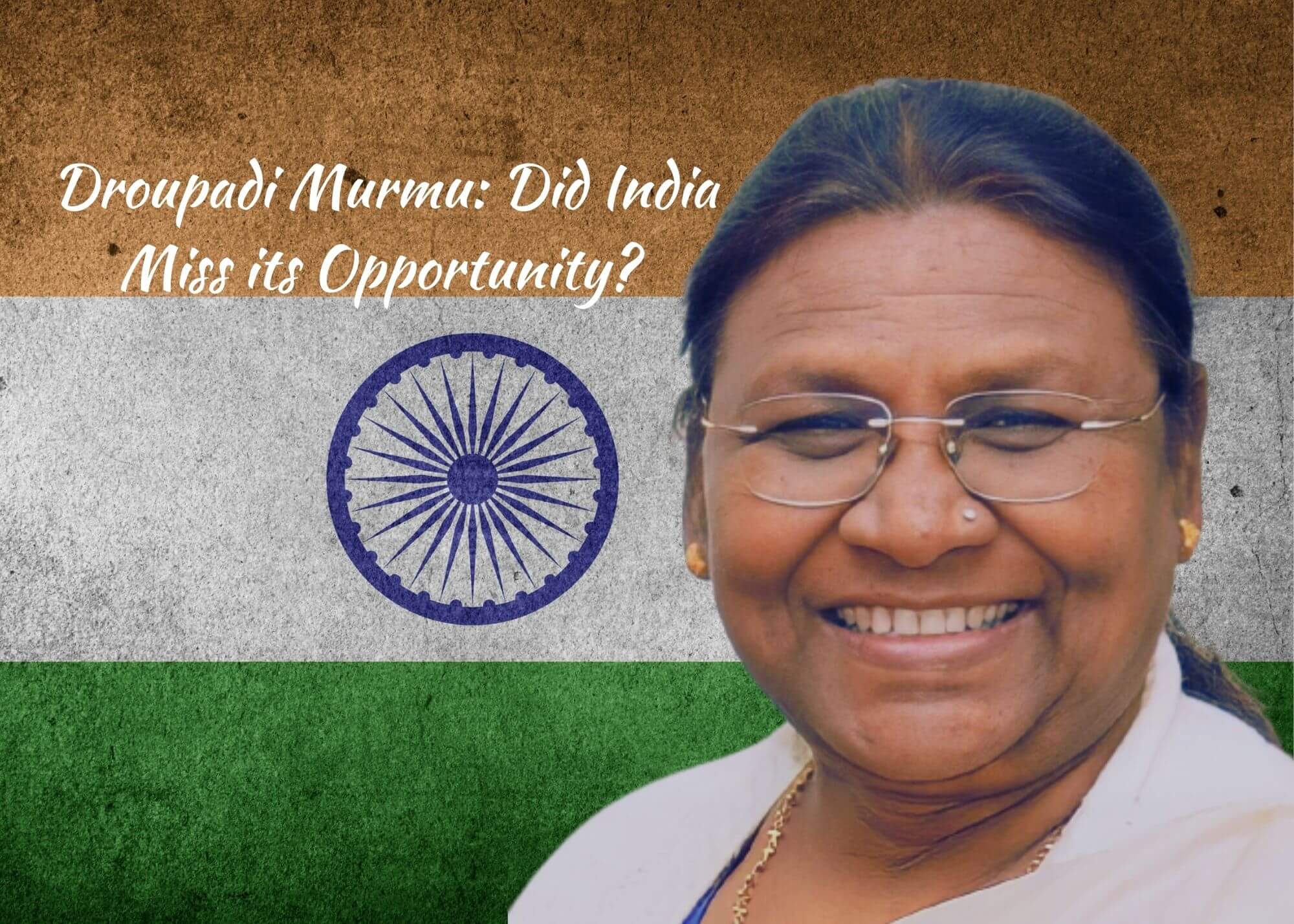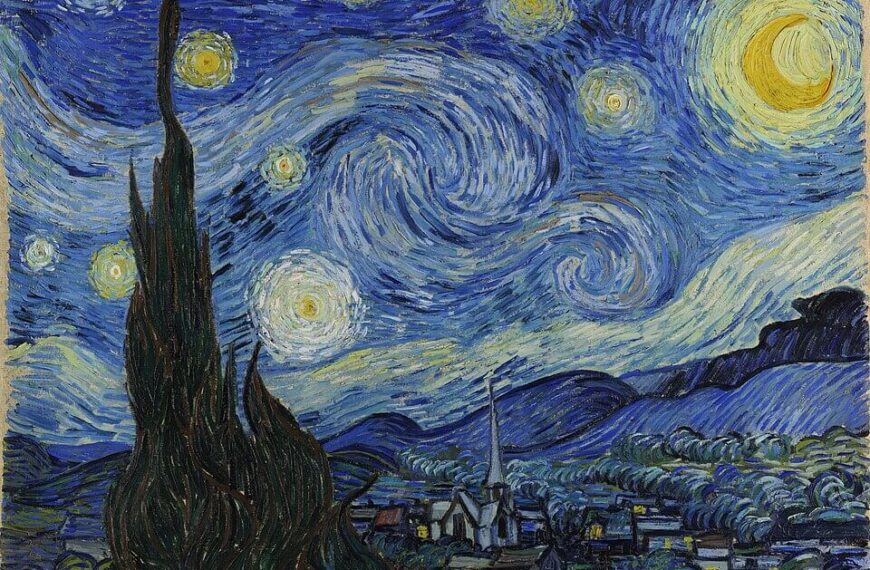Ms Droupadi, a Santhal Tribal, occupied the highest position as the President of India. She represents a minority. Azam argues that other minority groups in India did not get representation. Is it a hit or miss? An exclusive for Different Truths.
On 25 July 2022, Ms Droupadi Murmu was sworn in as India’s second female and first Tribal President. “My election is evidence that the poor in India cannot just dream but also fulfil those dreams,” said President Murmu. Prime Minister Narendra Modi proclaimed the ceremony a “watershed moment for India, especially for the poor, marginalised and downtrodden.”
Although the ground reality of these lofty semantics will now come under critical scrutiny, India must be appreciated for electing yet another president from one of its diverse minorities. After all, by accepting secularism at Independence, Hindu-majority India bound itself to manage its diversity within a democratic framework and has, overall, done well with it. Of the sixteen Presidents to date — including acting presidents — four, or 25%, have been Muslim, representing15.4% of the population and 6.25%, Sikhs who constitute 1.7% of the populace.
The representation of both communities in the presidency has been advantageously disproportionate.
There has even been a Sikh Prime Minister, Sardar Manmohan Singh, doubling their participation at the summit of governance.
There has even been a Sikh Prime Minister, Sardar Manmohan Singh, doubling their participation at the summit of governance. And, if Rajiv Gandhi, son of Feroze Jehangir Gandhi, a Zoroastrian, may be argued to have been one by birth, Zoroastrians, too, have been welcomed at the pinnacle of power.
Buddhists (0.70%) and Christians, whose 2.4% population is higher than that of the Sikhs’ 1.7%, are patiently munching Happy chocolate chips in the presidential anteroom while the tea is getting cold.
But then, these aren’t the only minority groups in India.
The 8.6% of tribals do not adhere to any of the subcontinent’s main religious communities …
The 8.6% of tribals do not adhere to any of the subcontinent’s main religious communities of Hinduism, Islam, Christianity, Sikhism, Buddhism, Jainism or Zoroastrianism. They, too, have the right to access the presidency, now granted in the investiture of Ms Murmu, former governor of her home state, Odisha. Born in 1958 in Baidaposi village of the remote Mayurbhanj district, she is the daughter of a tribal chief of the Santhals, one of India’s most prominent tribal groups. After a stint as an office worker and voluntary teacher, she stepped on the political ladder as a local councillor.
Ms Murmu’s accomplishment will impact domestically by affirming the ruling party’s claim of inclusive governance and supporting India’s Tribals. Those prejudiced against minorities will, of course, use her appointment to clamour impartiality, while under this shelter, they go about their spiteful pettiness. After all, under Barack Obama’s presidency, racism continued unabated and, on occasion, even appeared to be flourishing.
Internationally, Ms Murmu’s investiture will buff India’s claim of secular inclusiveness and anti-casteism and further bolster its increasing soft power. But whether it will lead to a permanent Security Council seat for India remains to be seen.
By postponing the choice of a Christian candidate, the BJP has missed an opportunity liable to be picked up by its successors …
By postponing the choice of a Christian candidate, the BJP has missed an opportunity liable to be picked up by its successors — and successors there will be since no governing party in a democracy can defy its shelf-life.
A Christian president would have offered the possibility of harmonising Indian and Vatican interests for mutual soft-power benefits.
On 30 October 2021, the BBC reported that Prime Minister Narendra Modi and Pope Francis “met for the first time on the sidelines of the G20 summit in Rome.” The photos showed them looking deep into each other’s eyes and warmly hugging.
PM Modi cordially invited the Pope to India, but the visit has not yet materialised.
An Indian head of the Vatican State would significantly augment India’s diplomatic positioning.
Had that event happened and coincided with the investiture of a Christian President, it would have increased the chances of “Cardinal Gracias, … the Archbishop of Mumbai, …tipped by some as the next possible Pope” (BBC 22 February 2019). An Indian head of the Vatican State would significantly augment India’s diplomatic positioning.
However, even without Cardinal Gracias actually stepping into the current pontiff’s black orthopaedic pharmacy-bought shoes, the message to the countries crucial in deciding an extension of permanent Security Council members would have been loud and clear. And, through Vatican City, India’s influence on world policy would have been immeasurably, untraceably, and deniably enhanced!
At the same time, the Indo-Vatican buddyness would have radiated an implicit rebuttal of any unfavourable mention in the U.S. State Department’s International Religious Freedom Reports.
Vatican City, a pragmatic, temporal state, would occupy a privileged, strategic perch within temporal India and its necklace of diamonds encircling China in response to the Middle Kingdom’s string of pearls and the latter’s propensity for getting away with persecuting its religious minorities.
It is perplexing that PM Modi’s political astuteness under-valued this expedient configuration on the horizon.
It is perplexing that PM Modi’s political astuteness under-valued this expedient configuration on the horizon. Chances are, he conceded to elements within his party who perceived Indian Christians as a residue of colonisation or part of a mythical transnational political Christianity. They are still processing the reality of Christian-majority secular democracies cynically pursuing national over religious interests.
This ripe plum of a Christian President’s possible investiture in the presence of a Pope will probably be plucked by PM Modi’s successors, who will no doubt convince the world that the colonial hatchet has been definitively buried, and they will count coup at each soft power success accruing from it.
N.B.: What if Pakistan pre-empts India, appoints a Christian president, invites the pope to the swearing-in and starts positioning its Cardinal Joseph Coutts as the next pope?
Picture design Different Truths





 By
By
 By
By
 By
By
 By
By
Gill Sahab,
You have made an astute observation. It is hard to point out if it was an oversight or a deliberate act of not choosing a Christian candidate. But to my mind, the answer lies in the percentage of the tribal population at 8.6% vis-a-vis the Christian population of 2.5 to 3 % in India. Looking at 2024, many people would have gone along with the current choice. Yet I am hopeful that a Christian would become the president of India one day in the near future. The Christian community is vibrant, and patriotic and has contributed far more than its percentage share in terms of population, to India’s growth story.
Gill Jee,
It’s an interesting write up. It’s very much a possibility that the next President of India or Pakistan may be a Christian.
Absolutely wonderful piece of writing.
First, congratulations on the deserving accolade. The cover story is an insightful critique and commentary on the political diplomacy. Read and re-read the article. Riveting stuff! Also, mused upon the post-it note in reference to Cardinal Coutts. Couldn’t, however, help but reflect upon the following: ‘stepping into the current pontiff’s black orthopaedic pharmacy-bought shoes..’ for its humorous value. Kia baat hai, Dr. Sahib.
With all due respect sir….very well written though your humorous erudite piece is I fail to get the point why we should regress to an infantile alliance/dependancy on, rather than a firm separation of church and state, that is after all, the nature of true democracy and secularism?
I completely support the appointment of a future Christian president to acknowledge the valuable contribution of that community to our country but as a socio-cultural unit/group, with a distinct and lovely way of life rather than defined by religion. That’s what is tearing us apart isn’t it, this, solely or at least primarily identifying by religion? The rest of the world including Christians from western nations, (from where it was propagated to us), consider the papacy a mere figurehead and an anachronism, to which token respect is surely due, but our national policy need not and should not be steered, or even influenced by it.
We don’t want an increase in the power of outdated and hopefully dying concepts, such as Pro Lfe bans on legitimate abortions in our country, or frowning upon the validity of same sex unions leading to stifling the LGBTQ community, and so many other anachronisms whose premises will be strengthened if we choose a president by religious identity rather than strictly by community, and the strength of numbers as a group, and contribution to the nation as an unit. That way we gfive valuation and weightage to the diverse people of our nation without allowing religion to intermingle in the public domain. Please I don’t want to sound too big for my boots as I’m not even a remotely important person, but my logic dictates that there shouldn’t need to be any extra weightage attached to the vested interests of the Vatican at this stage.Elsewhere the pope is already apologizing to the iindigenous peoples of Canada from pressure being brought about to bear on him, but is deaf to pleas of a similar unconditional apology for the Goan persecution of Hindus, including torture. I am happy there is a uniform civil code in Goa today, but that .only means my gut sense is perhaps not wrong. We don’t need to inflate the importance of any more religious bodies .But most importantly the future Christian president of India should be seen as giving weightage not to religious roots but to his/her countrymen as a whole and mediate a better integration of all communities of our great nation. No we do not need kowtowing or silk hands in kid gloves treatment of the Pope, just as we do not wish religious interference to deflect our nation from its course.Especially in the light of the Ayatollah Khomeini fatwa debacle, (which cannot even be lifted as per religious laws since he is dead), we need to distance ourselves from any powerful religious body which is bound to have vested interests of for example aggressive evangelical pursuits etc…which will result in simply tearing apart the current precarious peace and sanctity of india.
Draupadi Murmu, as you have said, represents 8.5% of tribals , which is significantly higher than 2.5 or 3% and I guess as our first lady, there is an even greater importance to the mother gender. The wait sir, in the anteroom won’t be very long I dare say, let the future incumbent cool his or her heels there with the packet of chocolate chips. Again I am highly apologetic of my unqualified uninformed voice…(compared to you sir)but as a citizen of the nation I couldn’t not voice my thoughts.
Ms. Amrita Valan,
Thank you for your well thought out comments on my article, expressed with such delightful and firm courtesy, reminiscent of a popular, prize-winning varsity debater!
The British, and most of the preceding rulers, did not give India secular governance. Our ancestors were all subjects in monarchies, not citizens.
The logic of independent India and Pakistan fit communities into the framework of their faith rather than their ethnicity or indigenous culture. The ground reality — though changing as you now so eruditely inform me — also begs recognition and often has its way.
Take the song Chhaliya Mera Naam from the 1960 movie Chhalia, interpreted by Mukesh, to Anandji Virji Shah’s composition: “Hindu Muslim Sikh Isai sab ko mera salam” though he missed out on India’s other faith communities.
Even now, this faith identity takes precedence over ethno-cultural identity among British Asians. The British Asian Network DJs are all prone to say “now whether you’re Hindu, Sikh or Muslim” — blithely forgetting the rest.
And the Vatican as a pragmatic, worldly state is too astute to even try influencing India on its birth-control, abortion or LGBT agenda, all of which are subject to change. Yet, an Indian pope could lead to an admission or even an apology for the Portuguese excesses in Goa. Perhaps the Portuguese could preempt the pope.
“the future Christian president of India should be seen as giving weightage not to religious roots but to his/her countrymen as a whole …” very well said and I feel sure that India, in choosing the right candidate, will ensure it.
Highly Debatable issue on meritocracy vs
pro-popular, pro-“politically correct” , caste-based, economics underlined picks
for any job, role, education, parliament seat, legislative appointments, medical expert head, or the highest seats of power..etc
Well written and much needed dialogue inspiring piece
thank you Azam Gill